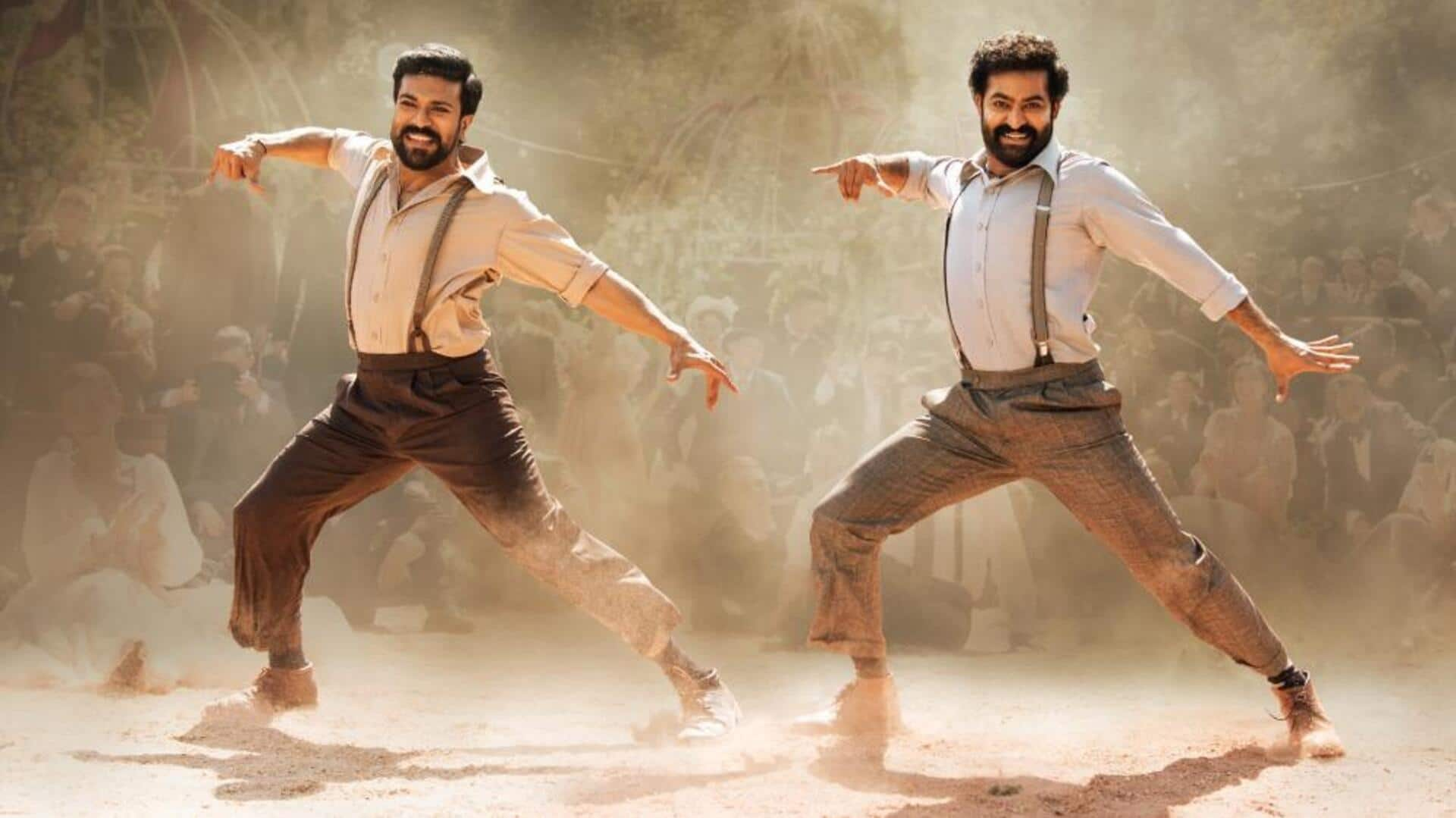
IFFI to screen 'RRR,' 'Ponniyin Selvan' in mobile inflatable theaters
What's the story
The 55th edition of the International Film Festival of India (IFFI) will change the way we watch films by introducing mobile theater screenings.
The groundbreaking initiative is a partnership between India's National Film Development Corporation (NFDC), the Entertainment Society of Goa (ESG), and Picturetime Digiplex.
The festival will showcase a selection of films screened in inflatable theaters, including SS Rajamouli's global sensation RRR, and masterpieces from legendary filmmakers Satyajit Ray, Mani Ratnam, and Imtiaz Ali.
Theater setup
Mobile theaters will accommodate 120 viewers each
Per a report by Variety, this mobile theater initiative will include two 120-seat inflatable venues at the main festival grounds.
Along with these stationary theaters, a traveling open-air screen will move between North and South Goa during the festival's period from Wednesday (November 20) to next Thursday (November 28).
This one-of-a-kind approach will make cinema more accessible and improve the film-watching experience for attendees.
Film lineup
IFFI's mobile theaters to screen diverse film selection
The festival's programming slate combines contemporary Indian cinema with classics.
Recent films such as Pa Ranjith's Thangalaan and Ratnam's two-part epic Ponniyin Selvan are part of the lineup.
The festival will also screen films from its Indian Panorama and National Film Award sections—including Malayalam drama Aattam, Rishab Shetty's Kantara, and the Ray-inspired biographical drama Aparajito.
Classic films will also get the inflatable theater treatment at IFFI. These include Ray's Agantuk, Kundan Shah's Jaane Bhi Do Yaaro, and Raj Kapoor's Bobby.
CEO's statement
Picturetime's mission to democratize big-screen experience
Sushil Chaudhary, founder and CEO of Picturetime Digiplex, said their company aims to "democratize the big-screen experience."
He noted their past efforts in bringing mobile cinema experiences to remote areas such as the Himalayan Film Festival in Ladakh and the Tribal Film Festival in Arunachal Pradesh.
Chaudhary sees this as an attempt to bridge the urban-rural divide through "technology and innovation," giving people in remote areas the "big-screen magic they deserve."